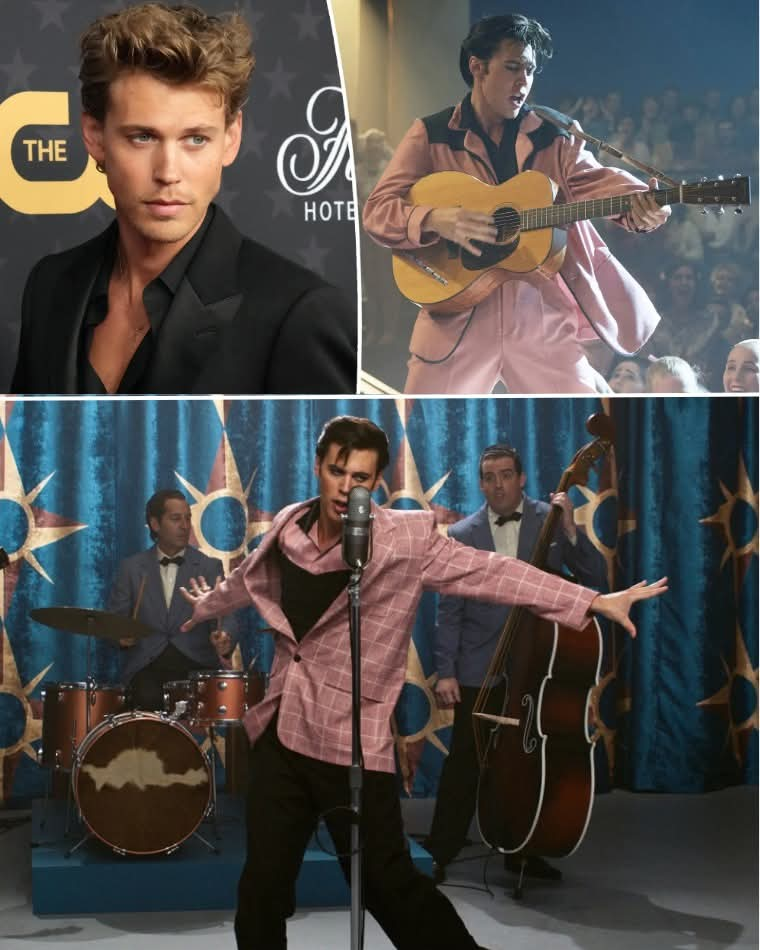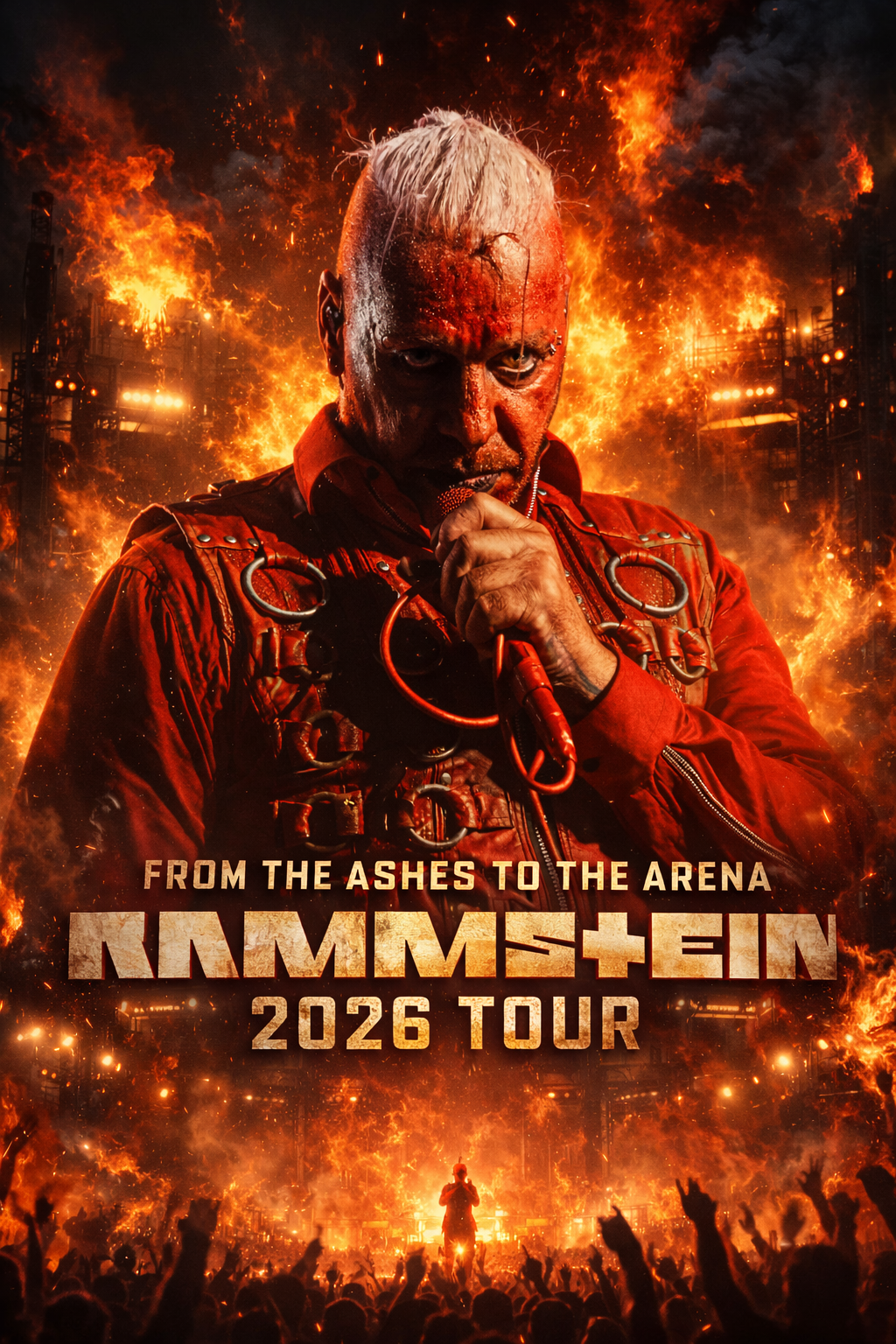When Austin Butler stepped into the blue suede shoes of Elvis Presley, no one—not even Butler himself—could have predicted the depth of transformation he was about to undergo.
What started as an audition for Baz Luhrmann’s lavish biopic became something far more intimate: a spiritual, emotional, and psychological immersion into the King of Rock and Roll that has never quite left him.
From the earliest days of production, Butler approached the role with reverence, spending years researching Presley’s life, voice, mannerisms, and emotional struggles. He didn’t just study Elvis; he became him. Friends and collaborators recall Butler speaking in Elvis’s voice off-camera, even long after filming ended. As he later revealed, it wasn’t a gimmick—it was something he couldn’t switch off. “It felt like Elvis had taken over my nervous system,” he said in a now-famous interview.
The line between actor and icon began to blur in increasingly unsettling ways. Butler’s dedication was obsessive by some accounts—his voice coach told reporters that he worried for Butler’s mental well-being. And yet, this commitment wasn’t born from ego or ambition. It stemmed from something much deeper: Butler felt he had been entrusted with Elvis’s spirit.
“He gave me his soul,” Butler once told a stunned interviewer at Cannes. The words hung in the air, strange and sacred. Whether metaphor or something more metaphysical, Butler seemed genuinely haunted—by Elvis’s music, his pain, and the magnitude of living under the weight of his legacy.
Even now, years after the film’s release, Butler admits he has trouble shaking off the experience. “I still dream in his voice,” he told Vanity Fair. “It’s like a part of me will always belong to him.” For some, it’s the mark of a job well done. For Butler, it’s more complicated. The role gave him a career-defining moment—but it may have cost him a piece of his identity.
There’s something eerie about the extent to which Butler disappeared into Elvis. He studied hours of archived footage, recreated scenes with fanatical detail, and even lived in isolation for months to embody Presley’s loneliness. During this time, he lost touch with friends, slept irregularly, and reported feeling an “unnameable grief” he couldn’t explain.
Butler’s performance won him widespread acclaim and numerous awards. He was praised for not imitating Elvis, but resurrecting him. “It was like watching a ghost,” said one critic. But behind the accolades was a man grappling with the aftermath of an artistic possession—one that had taken root in his psyche.
Haunted might sound like hyperbole, but Butler himself uses the word. “There were times I felt like I was channeling something,” he admitted on The Tonight Show. “Not in a spooky way—but in a real, spiritual way. Like I was a vessel for his unfinished business.” The implication was clear: Elvis wasn’t just a character. He was a presence.
Some fans speculate that the role changed Butler forever. He has since gravitated toward quieter, more introspective roles, and has spoken candidly about needing time to rediscover who he really is. The Presley family, for their part, embraced him like a son. Lisa Marie Presley called his portrayal “mesmerizing,” adding, “My father would have loved him.”
In many ways, Butler became Elvis’s final ambassador—a younger man who bore the burden of a bygone era and carried it forward with grace, vulnerability, and fire. But such intimacy with a legend doesn’t come without cost. Butler admits he’s still finding closure. “I don’t know if you can ever truly say goodbye to someone who’s given you that much,” he said.
Austin Butler didn’t just play Elvis Presley. He lived him. He mourned him. And today, he still carries echoes of that man in his voice, in his bones, in his soul. “He gave me his soul,” Butler said. And maybe, just maybe, he still has it.

